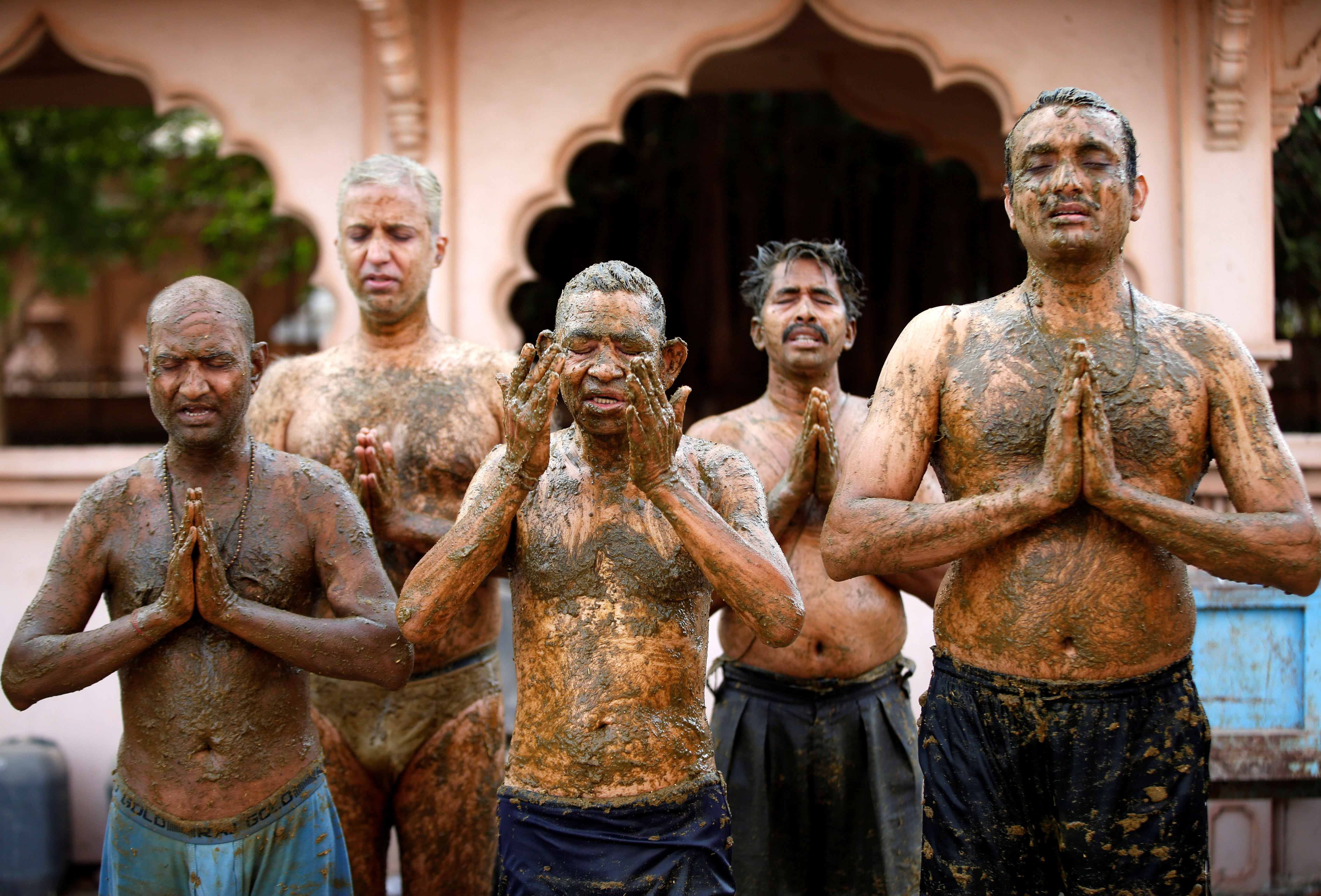What are cow dung cakes and why are people taking them to the US?
Contraband cattle manure patties surprise Dulles Airport customs officials
Customs officials at Dulles Airport in suburban Washington, DC, were stunned to discover a stash of cow dung cakes left behind in the baggage of an Air India passenger last week.
The mystery manure bricks had to be taken away and destroyed by perplexed US Customs and Border Protection (CBP) agents on Tuesday.
“That is not a typo,” CBP wrote in a tweet, warning travellers against importing such items in future. “CBP agriculture specialists found two cow dung cakes in a suitcase that was left behind after passengers from an Air India flight cleared CBP’s inspection station on April 4.”
Elaborating on their find, the agency acknowledged that: “Cow dung is reported to be a vital energy and cooking source in some parts of the world. Cow dung has also been reportedly used as a skin detoxifier, an antimicrobial, and as a fertiliser.”
However, their import is banned in the US because of their potential to carry Foot and Mouth Disease (FMD), a sickness the country’s cattle has not suffered from since 1929 but a single case of which has the potential to bring the international livestock trade to a total standstill.
“FMD is one of the animal diseases that livestock owners dread most, has grave economic consequences, and it is a critical threat focus of Customs and Border Protection’s agriculture protection mission,” commented Keith Fleming, acting director of field operations for CBP’s Baltimore Field Office.
“CBP’s agriculture specialists are our nation’s frontline protectors of vital agricultural and natural resources that help keep our nation’s economy strong and robust.”
The UK suffered a disastrous outbreak of FMD in 2001, when an estimated 2,000 cases were diagnosed across the country, leading to the killing of six million cows and sheep to stop the spread at a cost of £8bn to the British economy in lost revenue from agriculture and rural tourism.
As for the dung cakes, they are traditionally used as a potent, cheap and practical biofuel in parts of India, hand-sculpted into dry slabs and employed in domestic cooking on a hearth known as a Chulha.
They are readily available for purchase from Amazon in India and are popular given that a single smouldering patty can give off as much as 2,100 kilojoules of energy once lit, so their absence from US barbecue grills may be America’s loss.
Having said that, US citizens could perfectly well make their own by buying a bag from Walmart.
Cattle excrement made the news for a second time last week, when doctors in Covid-hit India warned Hindu residents of Gujarat against slathering their bodies in the stuff to fend off the coronavirus, insisting it offered no protection and was more likely to endanger health than boost it.

Dr Dnyaneshwar Dhobale Pati, president of the Maharashtra Association of Resident Doctors, told The Independent that smearing cow dung on the body risked causing infections and triggering allergies as numerous micro-organisms are present in the matter.
“It is cow faeces at the end of the day and has many micro-organisms, which can enter the body. Its excess usage can also aggravate pneumonia. There is no scientific evidence of its medicinal usage.”
So by all means burn it, just don’t smuggle it aboard US-bound flights or baste it on your skin.
Join our commenting forum
Join thought-provoking conversations, follow other Independent readers and see their replies
Comments

Bookmark popover
Removed from bookmarks